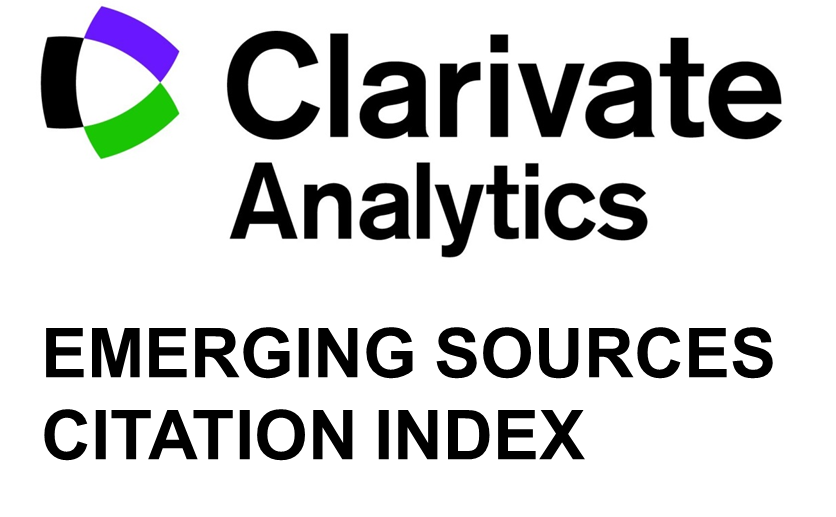Specific influence of knowledge intensive and capital intensive organizations on collaborative climate and knowledge sharing in SMEs
Keywords:
Knowledge Management (KM), Small and Medium-Sized Enterprises (SME), Knowledge Intensive Organization (KIO), Capital Intensive Organizations (CIO), Collaborative ClimateAbstract
In this paper, the authors discuss knowledge management, with a focus on knowledge sharing. Knowledge sharing is dependent on trust and cooperation, which are elements of organizational culture. One specific aspect of organizational culture is of particular interest for knowledge sharing. This aspect consists of values, beliefs and atmosphere that characterize common mental space accepted by knowledge workers which affect behavior and readiness to share knowledge. This aspect of organizational culture is called collaborative climate and can be described as the 'permeability' of the human infrastructure for knowledge sharing. Collaborative climate in an organization can be considered as an environment that provides support to knowledge workers to create new knowledge that will be translated into a value, which will become competitive advantage of an organization. A questionnaire for assessing two dimensions of the collaborative climate: Organizational Culture and Employee Attitude was used as an instrument in this research. The main research questions in this paper are: 1) Is there a statistically significant difference between attitudes towards collaborative climate of managers and employees? 2) Is there a statistically significant difference between attitudes towards collaborative climate in capital intensive and knowledge intensive organizations? Research hypotheses emerged from the main research questions. The survey was conducted in order to answer research questions. Data collection was carried out in 2016 throughout the territory of the Republic of Serbia. The sample in this research consisted of 114 managers from 78 randomly selected SMEs from the database of the National Agency for Regional Development. Afterwards, 647 employees were surveyed from those same companies, and in total 761 valid responses were collected. Principal component analysis was applied to the data. In order to check for statistically significant differences, factor scores were tested using Leven’s homogeneity test of variance and t-test. Data analysis indicated the existence of statistically significant differences between employee and managers attitudes in their assessment of collaborative climate in capital intensive and knowledge intensive organizations.
Downloads
Published
Versions
- 2021-01-08 (2)
- 2021-01-06 (1)
Issue
Section
License
Copyright (c) 2020 Viktorija Petrov, Đorđe Ćelić, Zorica Uzelac, Zoran Drašković

This work is licensed under a Creative Commons Attribution 4.0 International License.














